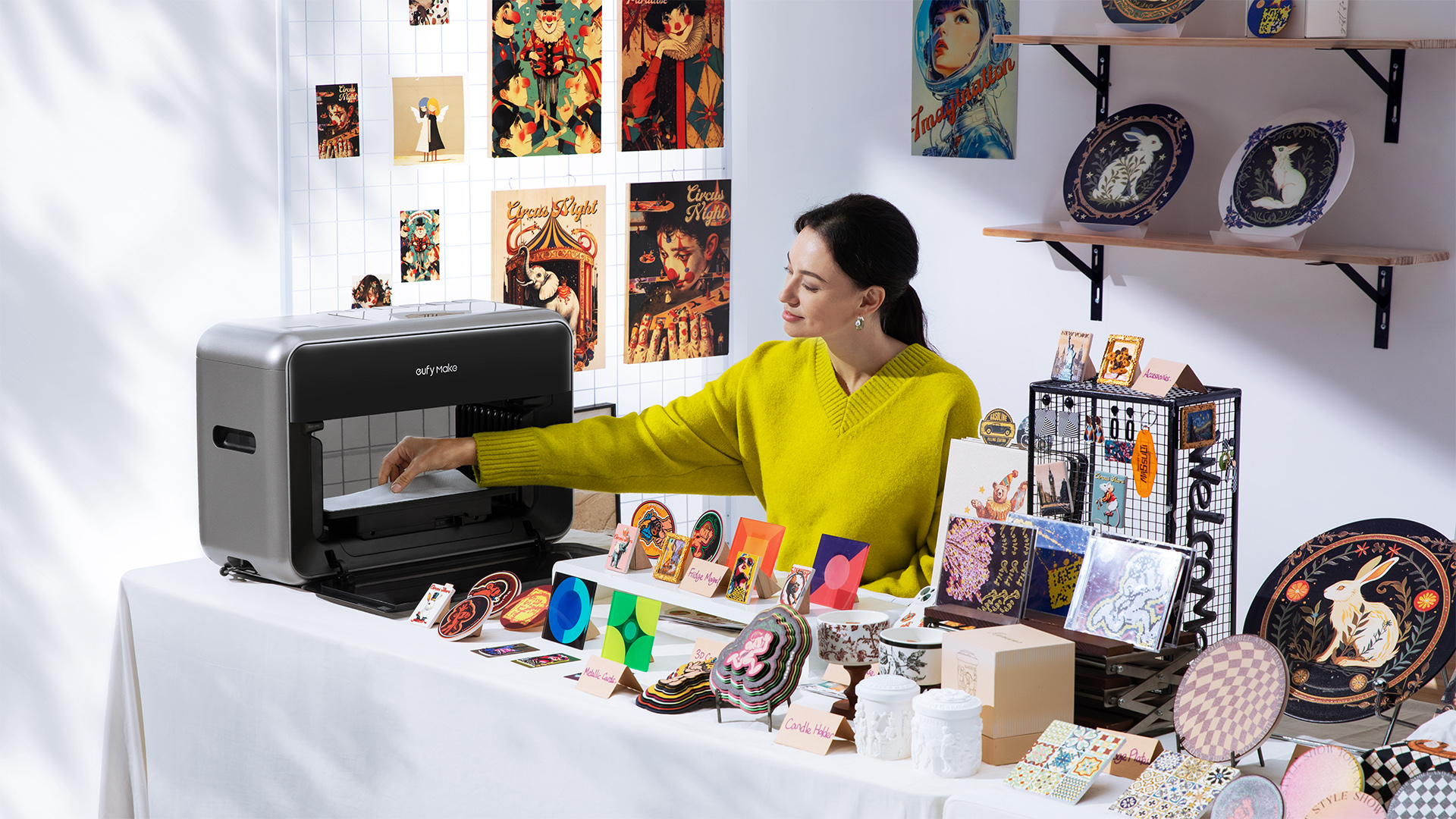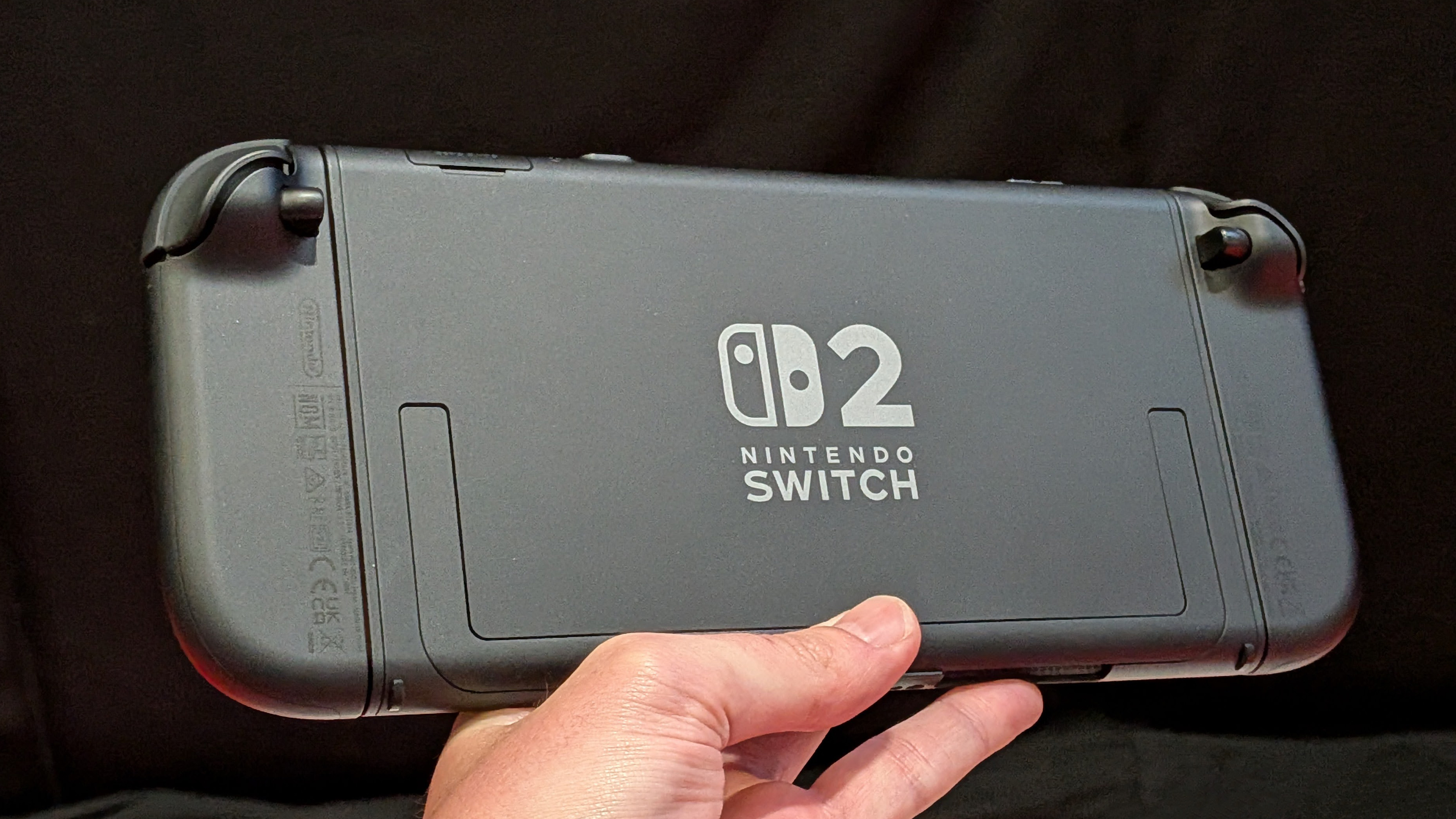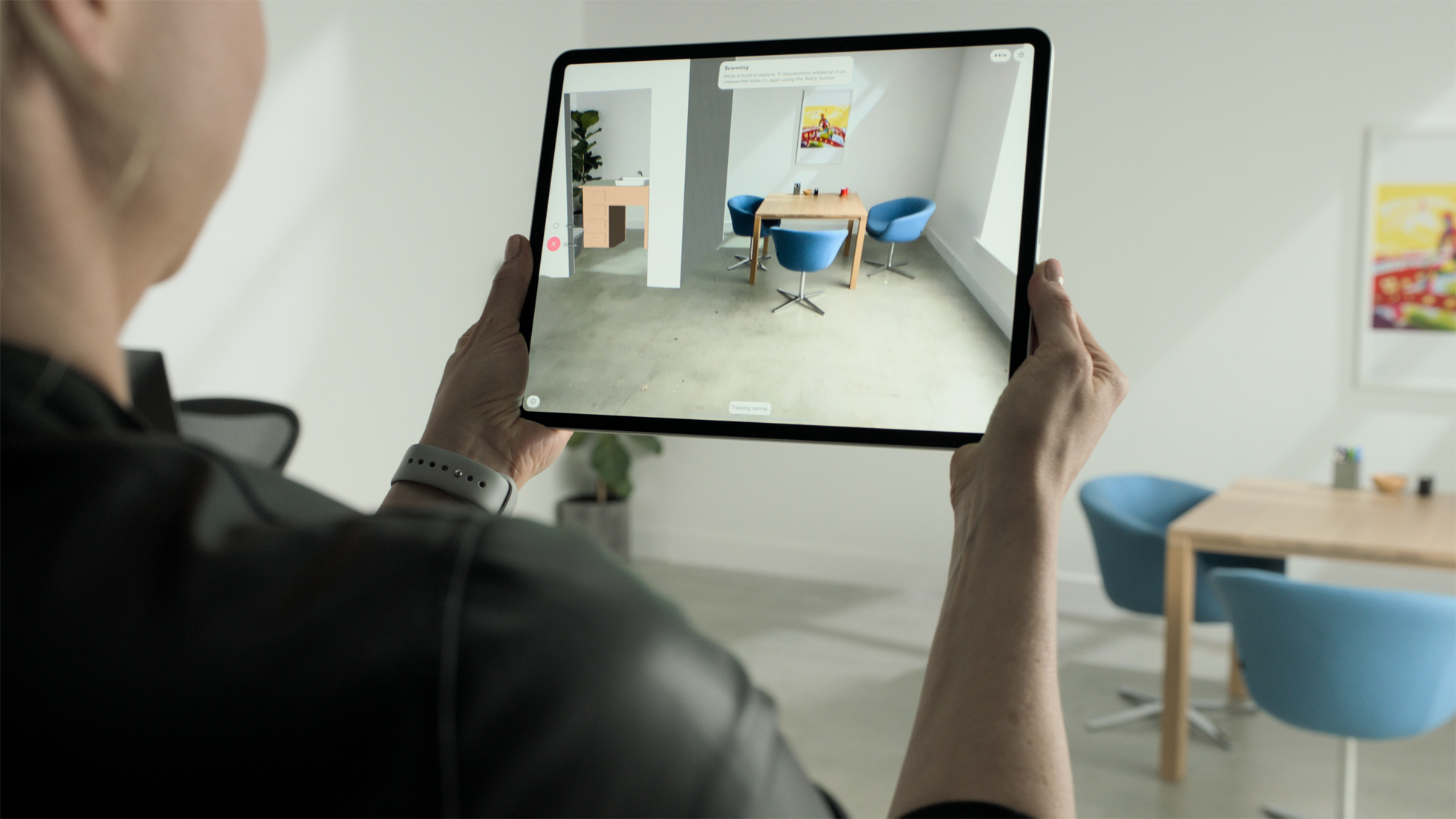

If you’re in the market for a pro-level tablet, you should definitely consider the Apple iPad Pro (2020) and the Samsung Galaxy Tab S7+. One is Apple, one is Android and both are serious devices for work, rest and play. They’re among the very best tablets you can buy today.
Pro tablets are designed to deliver the ultimate in power and flexibility. They’re powerful tablets in their own rights with big screens and big processors, but they can also transform into laptop-like computers with some carefully chosen accessories. You can use them as sketchpads, as notebooks, as media devices and as fully-fledged computers, and their batteries are powerful enough that they should cope with even the most demanding days.
The iPad Pro and the Samsung Galaxy S7+ are both excellent devices, but there are some important differences between them – not least their operating systems, which are hugely important when it comes to high-end hardware. Let’s discover what they’ve got to offer you.
Pad Pro (2020) 12.9 inch vs Samsung Galaxy S7+: design and screen
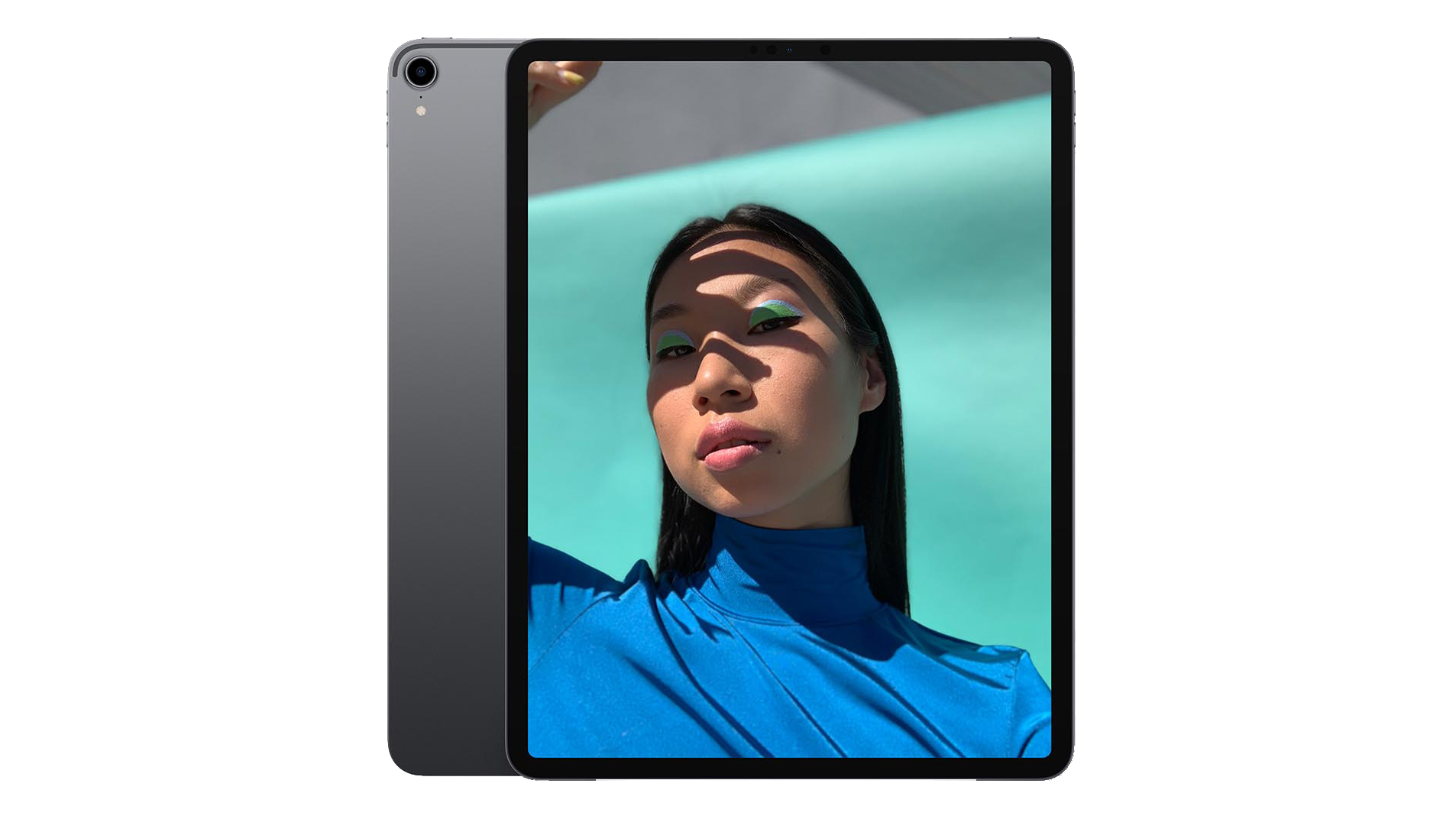
The iPad Pro takes the familiar iPad shape and narrows its bezels by moving the fingerprint sensor to the sleep/wake button. The display is a 12.9-inch IPS LED with a resolution of 2,732 x 2,048, ProMotion technology for smoother video, P3 colour gamut and True Tone. It’s very sharp, very accurate and very bright with up to 600 nits of brightness.
The Samsung looks very similar but it’s slightly thinner and lighter and its display is slightly smaller: it’s a Super AMOLED with 2,800 x 1,752 resolution and a fast 120Hz refresh rate. It’s much more vivid than an IPS panel and has a choice of two display profiles: Natural and Vivid.
Both of these devices can be used in laptop mode with optional accessories. The Samsung has DeX support that effectively turns it into the hub of a PC-like desktop; the Apple has support for external Bluetooth keyboards and mice and can drive an external display via its USB-C port.
Both devices support optional styluses for illustration and input: the Apple Pencil for the iPad Pro and the S Pen for the Galaxy S7+.
Sign up to the T3 newsletter for smarter living straight to your inbox
Get all the latest news, reviews, deals and buying guides on gorgeous tech, home and active products from the T3 experts
iPad Pro (2020) 12.9 inch vs Samsung Galaxy S7+: processor, storage and cameras
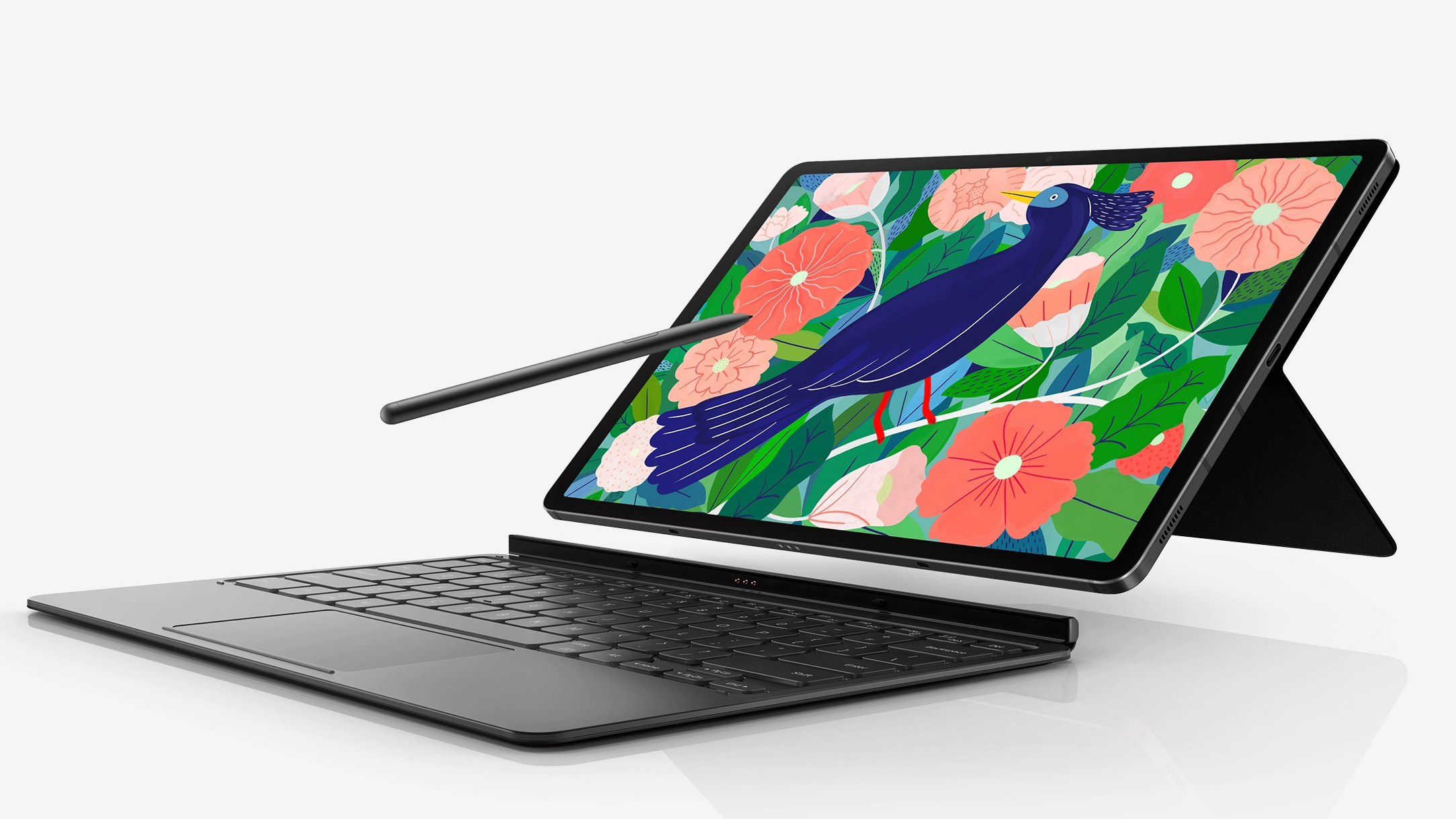
The iPad Pro comes with four storage options: 128GB, 256GB, 512GB and 1TB. Each version has an A12Z Bionic processor with 802.11ax Wi-Fi 6 and Bluetooth 5.0, and you can also buy a Wi-Fi + Cellular model with LTE connectivity. There are four speakers, five microphones, a LiDAR sensor for augmented reality and two cameras: the rear camera is 12MP with f/1.8 aperture, auto image stabilisation and 4K video recording at up to 60fps and the front camera is 7MP with 1080p and Portrait mode. Charging is via the single USB-C port and you can expect ten hours from each charge.
The Samsung has Qualcomm’s Snapdragon 865 Plus, which is only marginally slower than the iPad Pro. There’s a choice of 6GB or 8GB RAM and 128GB, 256GB or 512GB storage with the option to boost that to 1TB via microSD.
The cameras on the Samsung are a 13MP / 5MP dual rear camera capable of recording 4K at 30fps and an 8MP front facing camera. The battery is a whopping 10,090mAh with up to 14 hours video playback and 8 hours internet browsing.
iPad Pro (2020) 12.9 inch vs Samsung Galaxy S7+: price and verdict
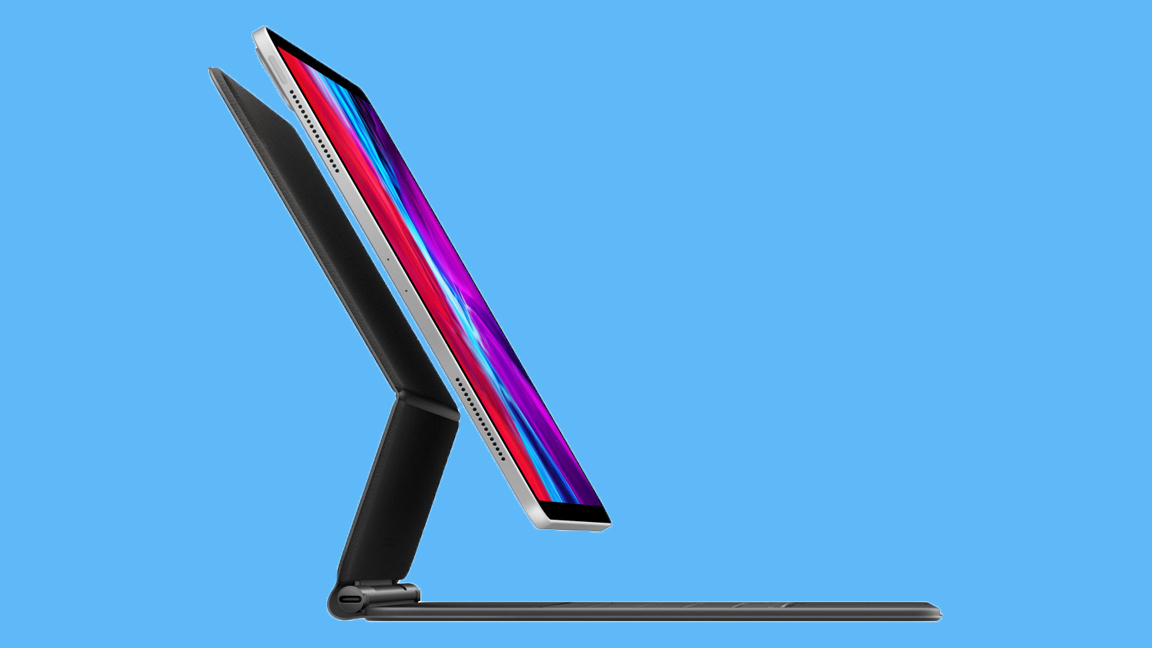
The iPad Pro (2020) starts at £796 for the 11-inch version and £969 for the 12.9-inch; the Wi-Fi + Cellular model starts at £1,119. With the exception of the display, the battery and its subsequent effect on overall weight and dimensions, the two iPad Pros are identical in every other way.
The Samsung Galaxy Tab S7+ starts at £799 for Wi-Fi and £999 for 5G.
In purely financial terms the Samsung is the better buy: it’s £170 cheaper for the Wi-Fi model, and while that gap narrows to £20 for cellular models the Samsung is 5G as well as 4G.
But there’s more to this than money. Because Apple makes the operating system as well as the hardware, it can optimise them both to work very efficiently together – and because it recognises that tablets have different requirements and use cases to phones, it’s separated its phone and tablet operating systems so it can focus on each form factor’s strengths.
Google hasn’t done the same, and that’s left Samsung facing the same problem that’s faced all Android tablet firms for years: chucking extra power at Android does not necessarily improve app performance as much as you’d hope. It's one of the reasons that iPads consistently outperform Android devices that on paper are much more powerful.
If you don’t already have a world of apps to transfer to your new tablet the Samsung is the better value for money. But it's the iPad Pro that delivers the better experience.
- These are the best Samsung phones
Writer, musician and broadcaster Carrie Marshall has been covering technology since 1998 and is particularly interested in how tech can help us live our best lives. Her CV is a who’s who of magazines, newspapers, websites and radio programmes ranging from T3, Techradar and MacFormat to the BBC, Sunday Post and People’s Friend. Carrie has written more than a dozen books, ghost-wrote two more and co-wrote seven more books and a Radio 2 documentary series; her memoir, Carrie Kills A Man, was shortlisted for the British Book Awards. When she’s not scribbling, Carrie is the singer in Glaswegian rock band Unquiet Mind (unquietmindmusic).
